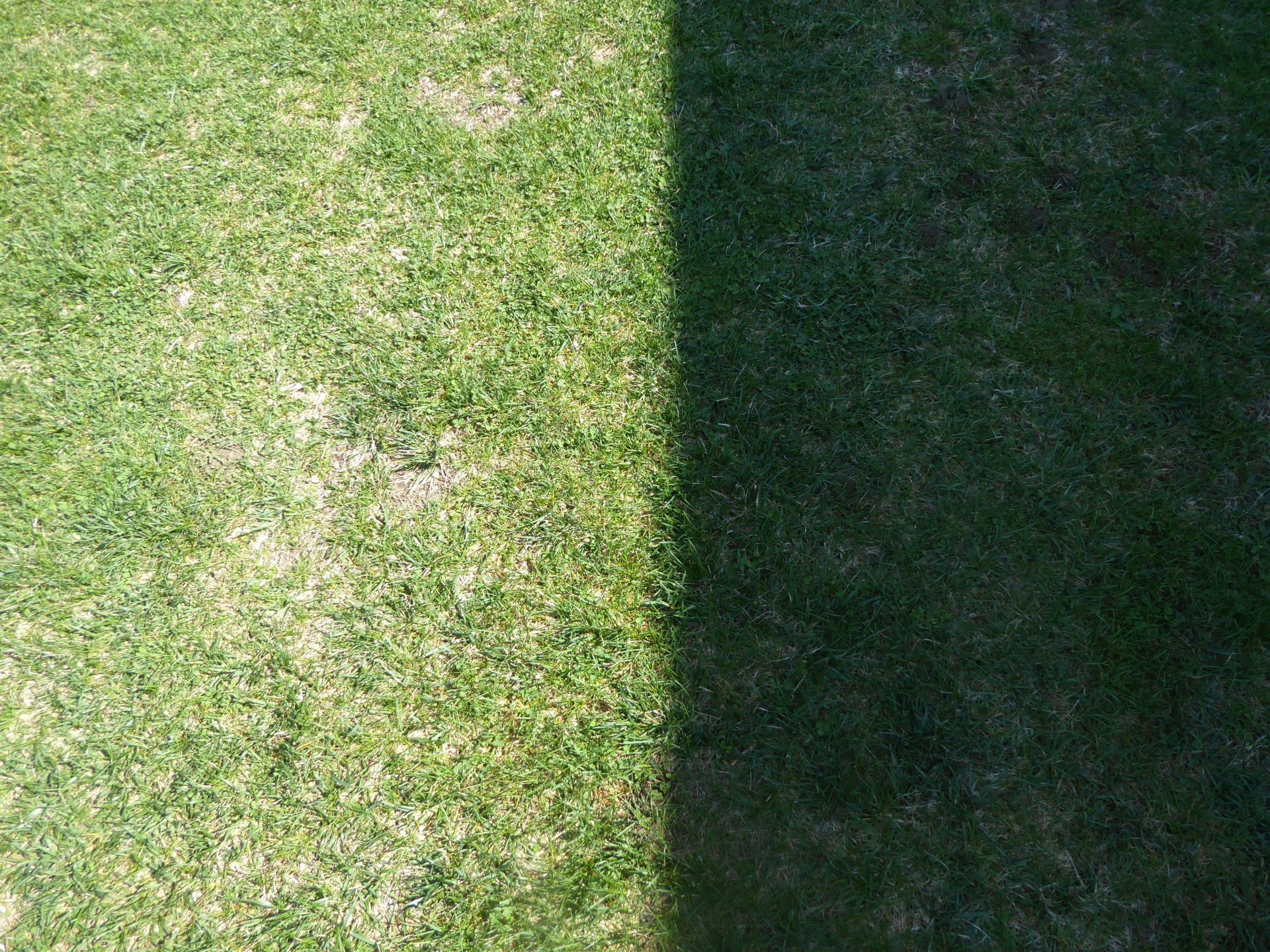
What Your Lawn Says About Your Soil: A Guide to Diagnosing Common Issues
To achieve a fantastic-looking lawn and garden, it’s essential to have high-quality soil that provides all the necessary nutrients for your plants and grass. A quick inspection of the lawn and your flower beds can reveal various soil-related problems in your garden, if you know what to look for. If you know what to look for, it is simple to diagnose problems with your soil and remedy these to help your garden thrive. There are various common problems that many UK homeowners experience with their soil, which can impact their garden. These are listed below, along with the signs to look for that indicate a potential issue.
Compacted Soil
If your lawn has bare patches, this can be a sign that the soil is compacted, which prevents the grass seed from germinating and growing. You can fix this relatively easily by aerating your lawn, which will allow the lawn to breathe after being compacted by rain. To aerate your lawn, you can use various tools to help with the process, including spiked attachments for your shoes or even a garden fork. You need to loosen the soil in your lawn using the correct tool and then use a pitchfork or similar tool to create holes in the soil. Once complete, you can add additional soil to the holes created, ensuring the surface is flat and level. Then, overseed and water the area thoroughly.
A Problem With The PH Level
Another common problem that people experience with their soil, which can affect their lawn, is the pH level. The pH level measures the acidity and alkalinity of the soil, which can affect the availability of nutrients for your lawn and flower beds. There are various kits available for purchase that can help you test the pH level. Alternatively, consider purchasing a pH meter that you insert directly into the soil. Once you know which way your soil is out of balance, you can then treat it accordingly. If your soil is too acidic, you can add garden lime to raise the PH level. However, if your pH level is too high, you can use sulphur or organic matter such as pine needles and coffee grounds to bring it back to a suitable level.
A Fertility Problem
You may also find that you have a fertility issue with your soil, which can affect the quality of your lawn and flower beds in the garden. The grass and plants in your garden require micronutrients to grow and remain healthy. If these essential nutrients have been depleted, it will negatively impact the health of your garden. To combat this, you will want to fertilise your soil in your garden regularly, and you should aim to do this around four or five times per year. However, before you start adding fertiliser, it is worth testing your soil to see what nutrients it is lacking. You can do this by obtaining a DIY kit or sending your soil to a laboratory for testing. Common deficiencies include:
- Nitrogen
- Phosphorus
- Potassium
Once you know what your soil is lacking, you can add the necessary nutrients, allowing your garden to flourish and ensuring it has everything it needs for your flowers and lawn to remain healthy.
The above points are some common problems that you can find in the soil of gardens throughout the UK. By addressing the issues listed above, you can help improve the quality and health of your garden, ensuring it remains healthy and thriving. If you regularly inspect these potential issues, you can avoid problems with your soil before they become serious, and ensure you have a healthy and vibrant-looking garden that is the envy of your neighbours.



 Bitcoin
Bitcoin  Ethereum
Ethereum  Tether
Tether  XRP
XRP  USDC
USDC  Solana
Solana  TRON
TRON  Lido Staked Ether
Lido Staked Ether  Cardano
Cardano  Avalanche
Avalanche  Toncoin
Toncoin